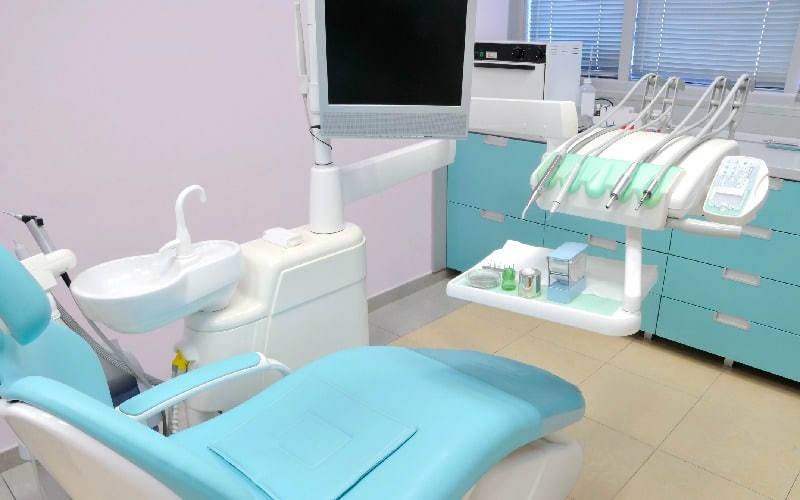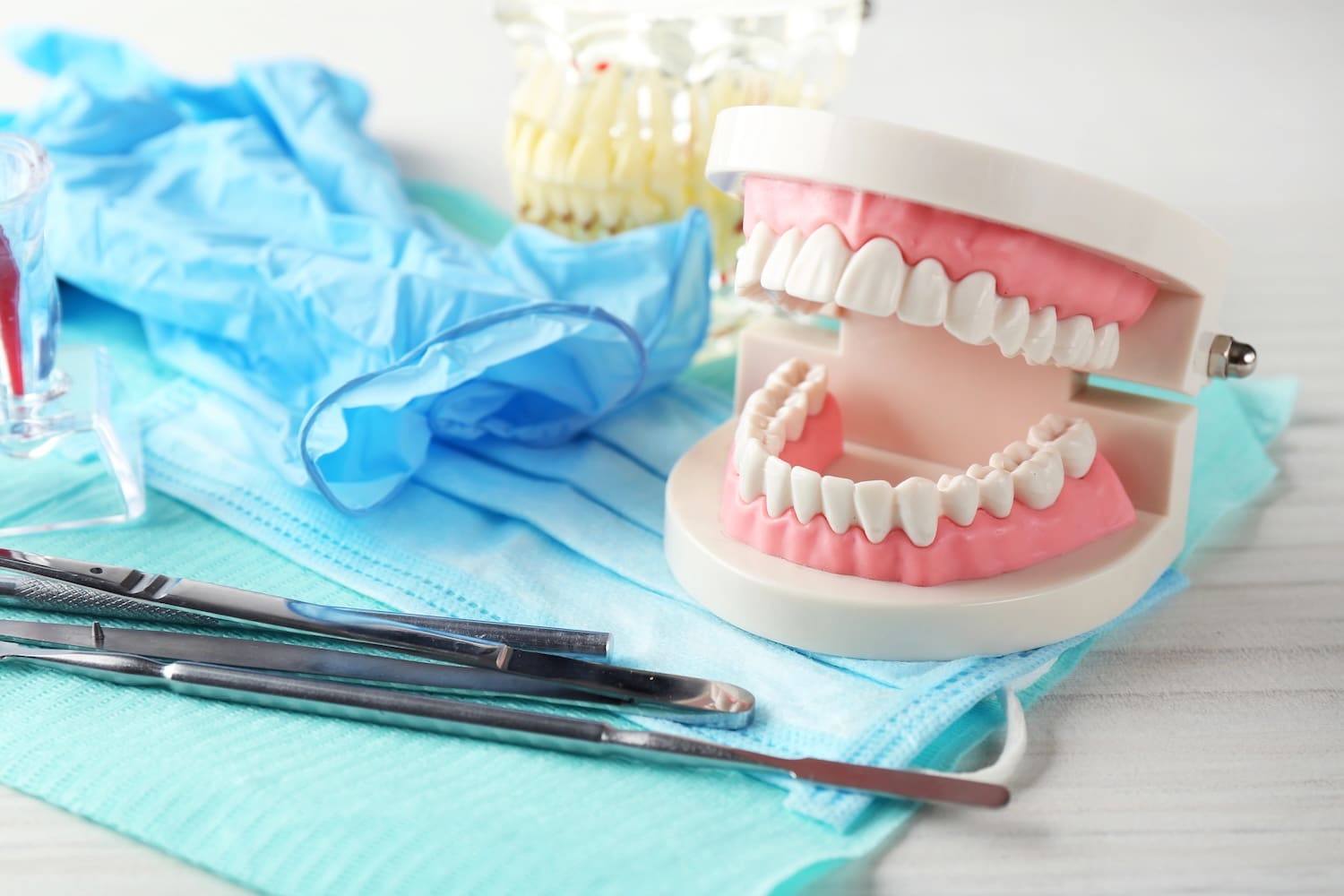Canada’s 2024 Budget introduced a series of proposals that could significantly impact dentists and dental practice owners. While these are just proposals right now, they offer a glimpse into potential changes in tax policies, and dentists and dental practice owners may benefit from reassessing and adjusting their personal and business financial strategies.
Table of Contents
ToggleLifetime Capital Gains Exemption (LCGE)
The budget proposes an increase to the Lifetime Capital Gains Exemption (LCGE) by 25%, raising the limit to $1.25 million for sales occurring on or after June 25, 2024. This could be beneficial for dental practice owners looking to retire and sell.
Capital Gains Inclusion Rate Change
Particularly noteworthy is a potential adjustment to the capital gains inclusion rate. While 50% of a capital gain is currently subject to taxation, the change would increase this to two-thirds for corporations and trusts. For individuals, it would apply to capital gains exceeding an exempted amount of $250,000, effective June 25, 2024.
Additionally, the budget proposes to align the tax treatment of employee stock options with the new capital gains inclusion rate. This means that the tax deduction for employee stock options would be limited to one-third of the taxable benefit, up to a combined annual limit of $250,000 for both employee stock options and capital gains.
The exemption for capital gains tax on the sale of a primary residence would remain unchanged.
To mitigate impacts, dentists might consider strategies such as spreading the realization of capital gains over multiple years, if possible, to stay within the $250,000 annual threshold.
Home Buyers’ Plan
The Home Buyers’ Plan (HBP) allows first-time homebuyers to withdraw funds from their Registered Retirement Savings Plans (RRSPs) to purchase a home. The budget proposes changes to make it easier to buy a first home, by increasing the withdrawal limit from $35,000 to $60,000 and extending the repayment period for withdrawals made between January 1, 2022, and December 31, 2025, to five years after withdrawal.

Alternative Minimum Tax (AMT)
Changes to the Alternative Minimum Tax (AMT) have also been proposed. Currently, AMT functions alongside regular income tax rules, requiring taxpayers to pay the higher of the two tax amounts. The 2023 budget had already proposed increasing the AMT rate from 15% to 20% and expanding its scope.
The 2024 budget builds on this and adjusts it by:
- Increasing the charitable donation tax credit to 80%.
- Allowing full deductions for specific payments.
- Fully exempting Employee Ownership Trusts (EOTs) from AMT.
- Permitting the carry-forward of certain disallowed credits.
Dentists should investigate maximizing charitable donations and deductions to reduce taxable income.
Employee Ownership Trusts (EOTs)
The 2024 budget introduces specific guidelines for Employee Ownership Trusts which would allow dental practice owners who are considering retirement or transitioning ownership of their practices to sell their practices to employees while benefiting from a capital gains tax exemption of up to $10 million, subject to certain conditions. These conditions include residency requirements for beneficiaries, asset-use criteria, and other eligibility rules. Dental practice share dispositions between January 1, 2024, and December 31, 2026, may be eligible.
Canada Carbon Rebate for Small Businesses
To promote environmental sustainability, a Canada Carbon Rebate for Small Businesses has been proposed. Eligible corporations could receive a refundable tax credit based on the number of employees, applicable per province. Dental practices that are proactive in their sustainability efforts may be able to leverage this rebate; to benefit, dental practices need to file tax returns by July 15, 2024.
Disability Supports Deduction
The budget proposes expanding the list of deductible expenses under the Disability Supports Deduction. This deduction is available for individuals with severe and prolonged impairments in physical or mental functions, and now includes expenses related to vision impairments and service animals. These expenses can be claimed to either help earn income or pursue education. Dentists can claim this as a medical expense or disability support.
Canadian Entrepreneurs’ Incentive
A new Canadian Entrepreneurs’ Incentive aims to support innovation and entrepreneurship. This incentive, starting January 1, 2025, would halve the capital gains inclusion rate for qualifying shares sold by eligible individuals, with a lifetime limit of $2 million. However, it is important to note that professionals and professional corporations are not able to benefit from this incentive, although if you had an entrepreneurial side business, you may be eligible.

Accelerated Capital Cost Allowance
To stimulate investment in rental housing, the budget proposes increasing the Capital Cost Allowance (CCA) rate from 4% to 10% for new eligible rental housing construction. This incentive is aimed at addressing housing affordability by encouraging market growth in rental housing. The construction must commence between April 15, 2024, and January 1, 2031, and be usable by January 1, 2036.
Information Request Non-Compliance Penalties
An amendment to the Income Tax Act was proposed, allowing the CRA to issue a “notice of non-compliance” if a taxpayer doesn’t respond to information requests. This notice would extend the CRA’s reassessment period until the issue is resolved; a daily penalty of $50, up to a maximum of $25,000 would apply. Dental practice owners should keep meticulous records and must ensure timely and accurate compliance with CRA requests to avoid penalties.
While the 2024 federal budget proposals are still under discussion, dentists and dental practice owners should be proactive in their financial planning. The tax-planning experts at DentalTax can help you navigate these potential changes effectively, so you understand how these changes could impact you personally, and so you can continue to minimize your tax liabilities.
Adam has an MBA from the Richard Ivey School of Business in London and also holds a Chartered Investment Manager designation.
- 2026 Tax Changes Affecting Canadian Dentists - January 5, 2026
- Financial Metrics Every Dental Practice Should Track - December 22, 2025
- Buying vs. Starting a Dental Practice: Financial Comparison - December 11, 2025




